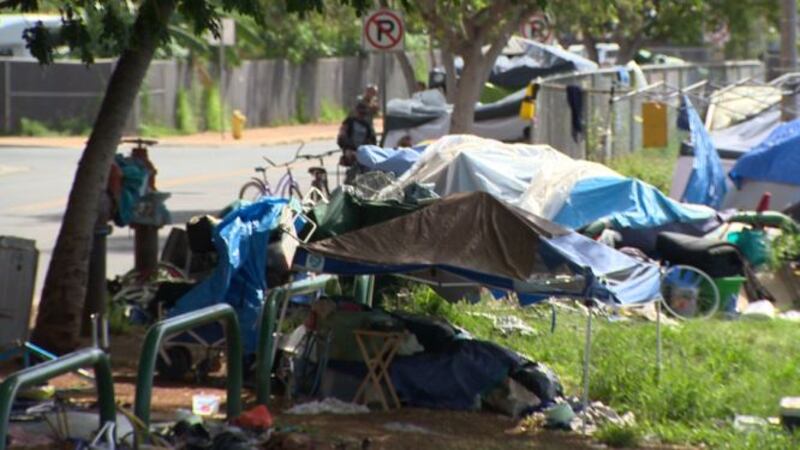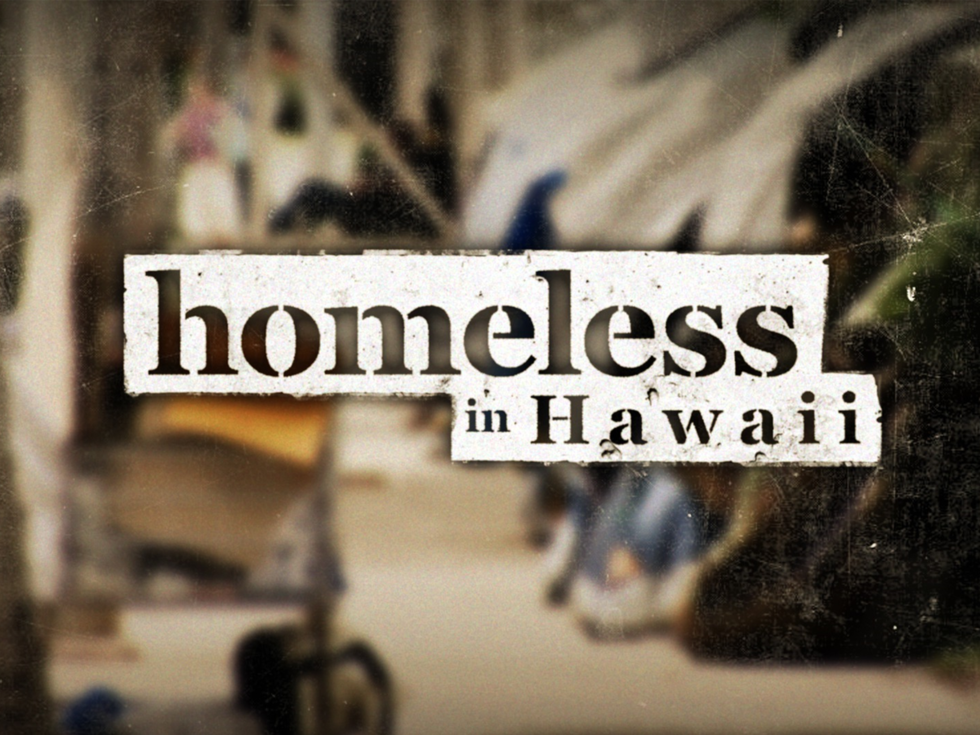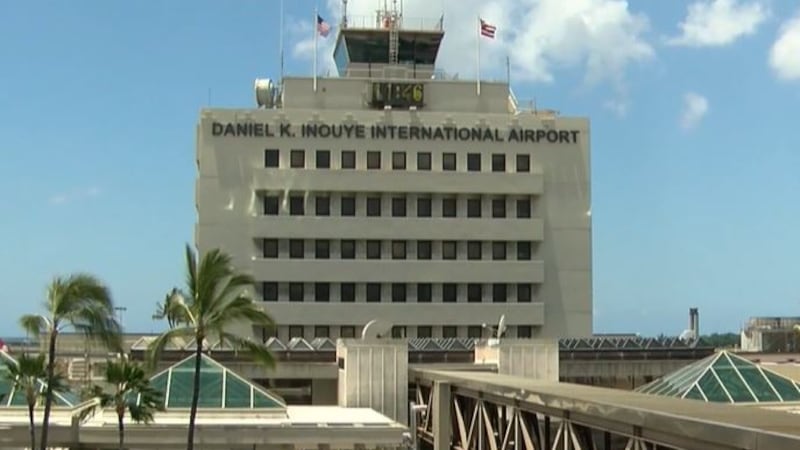In ‘game-changer,’ Hawaii given approval to use Medicaid dollars to help chronically homeless

HONOLULU (HawaiiNewsNow) - Hawaii is one of the first states in the country given the go-ahead to use federal Medicaid dollars — typically reserved for health care costs — to help homeless people move into housing.

The change is intended to help Hawaii’s chronically homeless population, made up of about 1,700 people.
And it represents a significant expansion of what falls under the umbrella of health care.
“It’s something that we’ve been talking about for a couple of years — looking at homelessness as a health condition,” said Lt. Gov.-elect Josh Green, a medical doctor. “This is a game-changer in many ways.”
Starting in January, thanks to an approval made late last month, Medicaid will pick up the tab for some services designed to connect members of the chronically homeless population with housing.
While Medicaid traditionally provides health insurance for the poor, covering doctor’s visits and hospital stays, it will now pay for services in Hawaii like job training and transportation to look at apartments.
[Also read: Giant inflatable tents for the homeless could be coming to a park near you]
Other covered services will include help negotiating with a landlord and understanding the lease.
“We understand many individuals who are chronically homeless. (Some have) never had a home in their entire adult life," said Med-Quest Administrator Judy Mohr Peterson.
“So this is completely new and different. Plus the fact that they may be suffering from serious mental illness or substance abuse.”
Green said it might be an out-of-the-box notion, but it just makes sense to treat chronic homelessness as a health condition.
“You put a roof over somebody’s head, the costs drop 43 percent at least," he said. “That’s because they can take care of their health. They don’t have to go to the ER. They don’t get into conflicts. It’s a good investment.”
Green said the Medicaid dollars will also free up money local government and service providers would normally have to spend on similar services, allowing those agencies to put their funds towards making more homes available.
The new policy doesn’t allow Medicaid to pay for rent or utilities.
But, Green said, that could happen in the future.
Copyright 2018 Hawaii News Now. All rights reserved.












